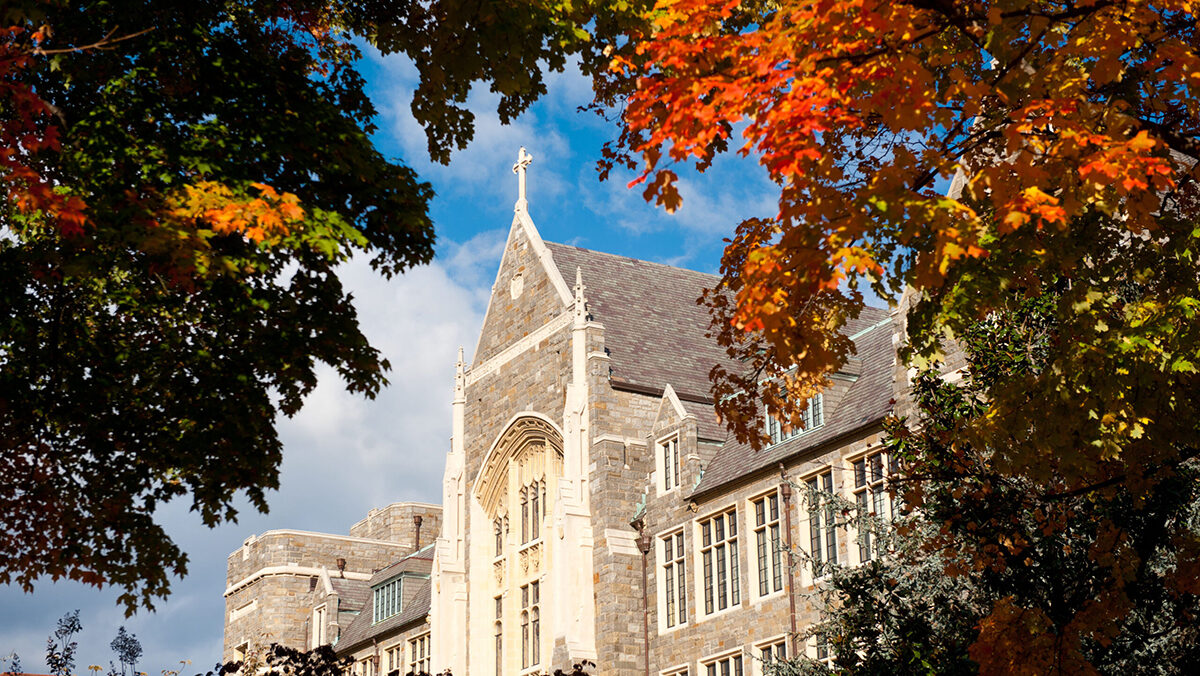Department of Black Studies Announces Name Change
This month, Georgetown’s board of directors approved a name change: The Department of African American Studies is now known as the Department of Black Studies.
“As knowledge progresses so do our terminology and vocabulary,” said Rosario Ceballo, dean of the College of Arts & Sciences. “I’m confident that this new name accurately reflects the field’s global and inclusive expansion to countries outside the United States as well as a greater emphasis on interdisciplinary and transdisciplinary methods and approaches in their field.”
The name change reflects a broader shift in the vocabulary that scholars and academics in the field use, agrees LaMonda Horton-Stallings, the chair of the Department of Black Studies.
“We are seeing a return to Black studies for a very particular reason — the United States is no longer the center,” Horton-Stallings said. “We are seeing Black studies departments in Europe, Australia, Canada and the Caribbean. As the field continues to grow and expand we want to be in conversation and solidarity with our colleagues around the world instead of siloing ourselves in a United States-centric representation of Black studies.”
In 2020, the department shifted its curricular model to better reflect current academic discourse and student interest. Prior to the reorganization, students majoring or minoring in the department could pursue coursework in either a social science track or a humanities and arts track.
Today, students can concentrate their studies in one of three areas: Global Race and Ethnicity; Race, Space and Public Policy; and Creativity, Design and Emerging Forms, which emphasizes unique strengths and a diversity of methodologies from a wide range of disciplines.
“This reorganization signified what the field has always been about — providing a global, Black perspective on knowledge production that differs from the traditional white, eurocentric approach,” said Horton-Stallings.
Each concentration area allows students to dive deep into ongoing academic discourse, pursuing unique projects and seeking to answer wicked questions.
“The commitment to a vision of being an interdisciplinary and transdisciplinary department centered on the critical and the creative led us to a curriculum that challenges the disciplinary boundaries between humanities, arts and social sciences,” said Horton-Stallings.
In the coming years, the department hopes to expand by recruiting more students and offering more community-based coursework and internship opportunities.
- Tagged
- Black Studies
